I need help with…
Identity
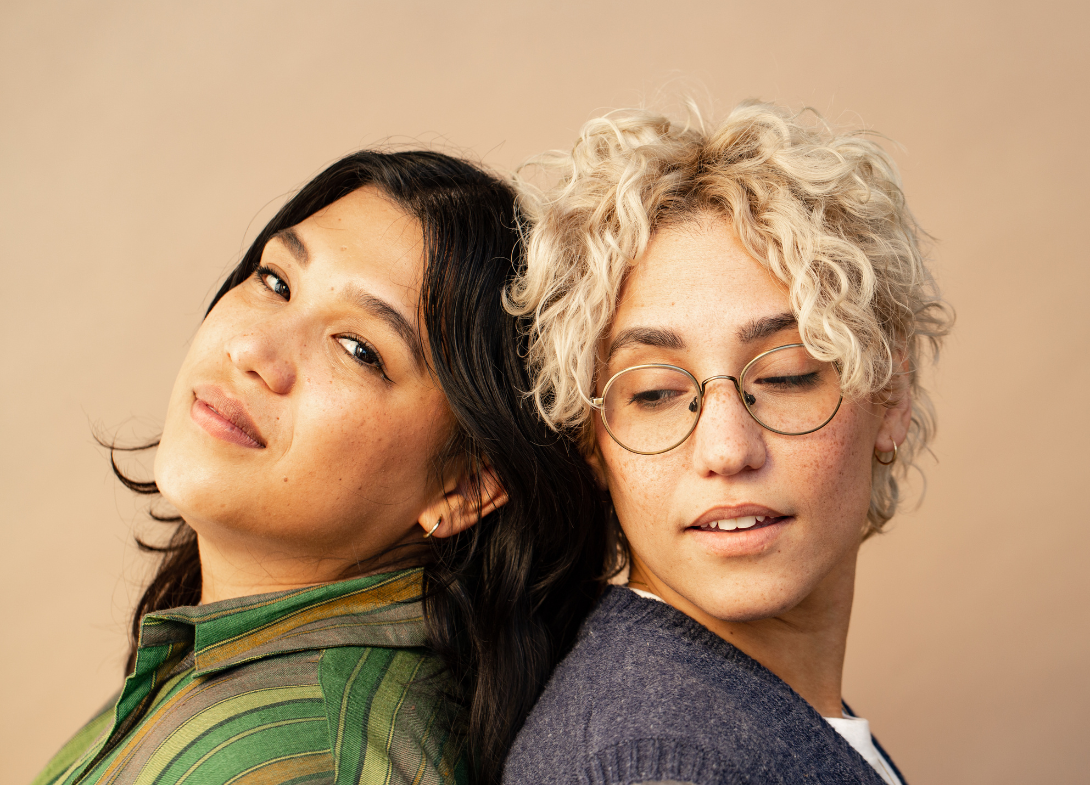
What is identity?
Your identity is the unique things about you that make you who you are. Identity can mean different things to different people. It might be about your social circle, ethnicity, sexuality, gender, where you live, what music you listen to, religion, or just feeling like you don’t fit in. Simply put your identity is ‘who you are.’
However, being ‘who you are’ can sometimes feel confusing and this might make you to feel lonely or isolated. It’s easy to think everyone knows exactly who they are and feels like they fit in but even the most talented and successful people sometimes feel different and unsure. If you talk to your friends and family, you’ll find most people feel different in some way at some point in their lives.
Discrimination
There are three types of discrimination: direct discrimination, indirect discrimination and discrimination based on disability. Find out more about the different types of discrimination
It’s often easy to recognise when someone is directly discriminating against you. Having a disability, being a person of colour or being part of the LGBTQ+ community does not mean you will definitely experience discrimination.
A lot of discrimination though, like institutional racism, is harder to see. The experiences you have of being disadvantaged or treated differently from others can make you feel like you’re not important or don’t fit in.
You might feel upset, depressed or angry. It might make you feel like you want to change the way you look or act and feel ashamed of your identity.
Sometimes you might feel able to challenge systems and people don’t treat you equally because of your identity, and sometimes you might not. If you are being discriminated against talk to someone you trust about what’s happening.
Your right to be you is protected by law
You might have heard of protected characteristics, these are:
- age
- gender reassignment
- marriage or civil partnership status
- being pregnant or on maternity leave
- disability
- race including colour, nationality, ethnic or national origin
- religion or belief
- sex
- sexual orientation.
The Equality Act 2010 is a law that protects people with protected characteristics from discrimination (i.e. being treated unfairly for being different).
It is important to recognise and celebrate our differences. The world is made up of so many diverse identities and we grow together by better understanding the beauty of ourselves and others.
Get Help Now!
Here are a list of services that can help. The icons below tell you the type of support available.

Talking Therapies
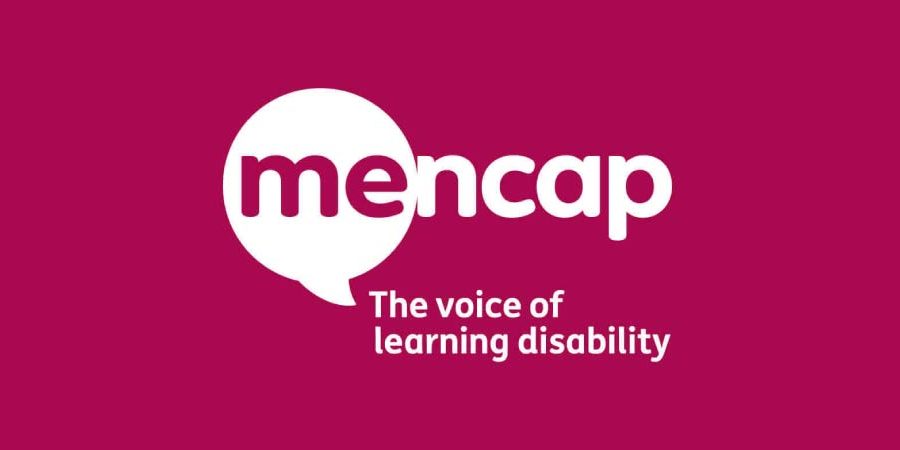
Mencap
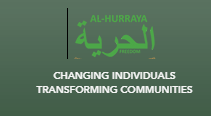
Al-Hurraya
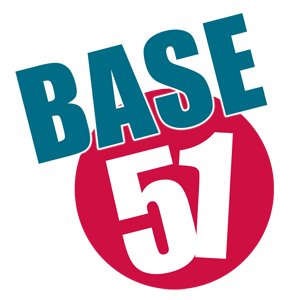
Base 51
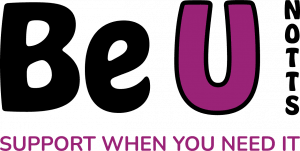
Be U Notts
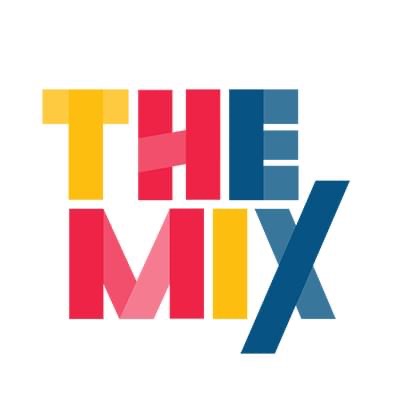
The Mix
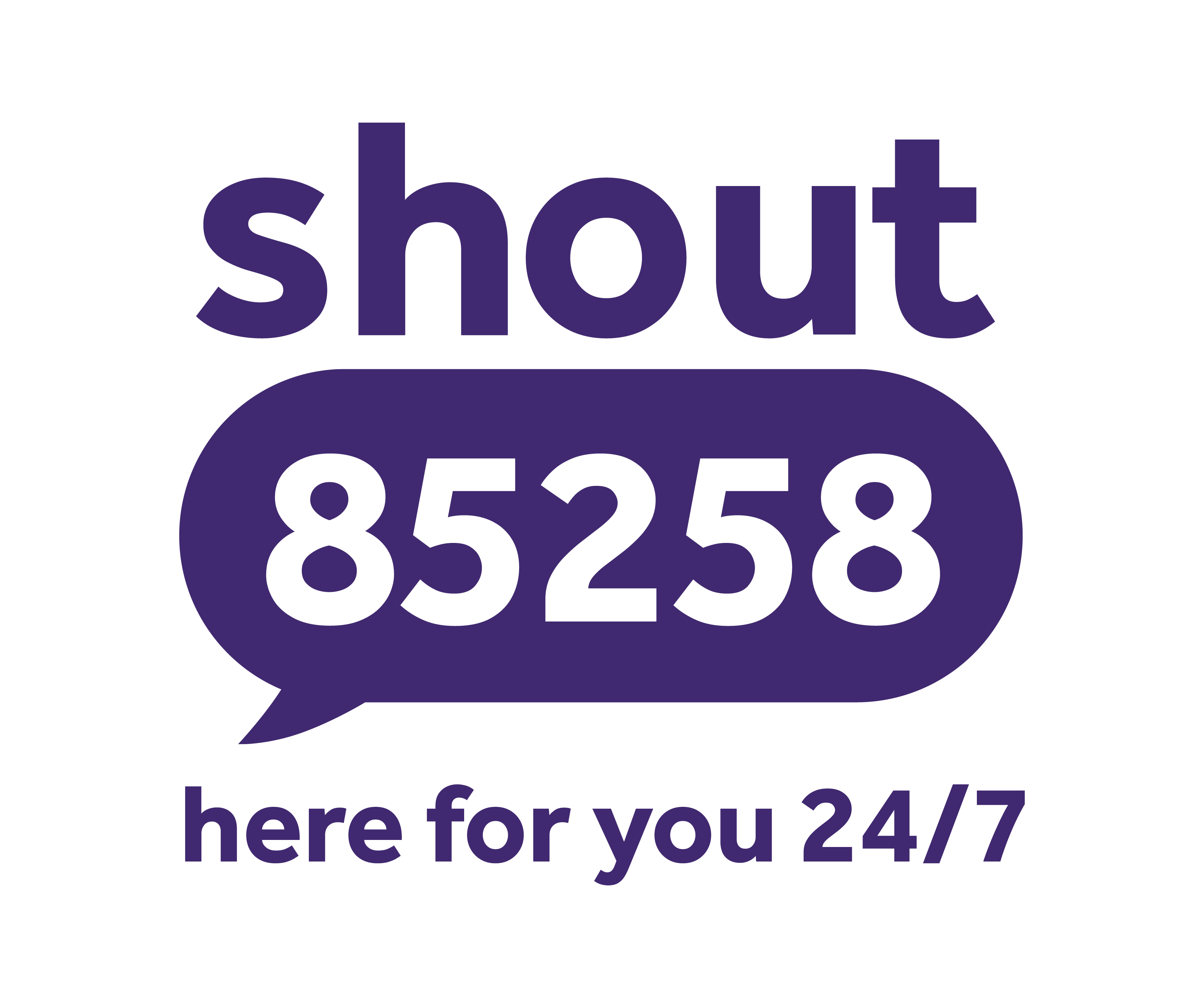
SHOUT
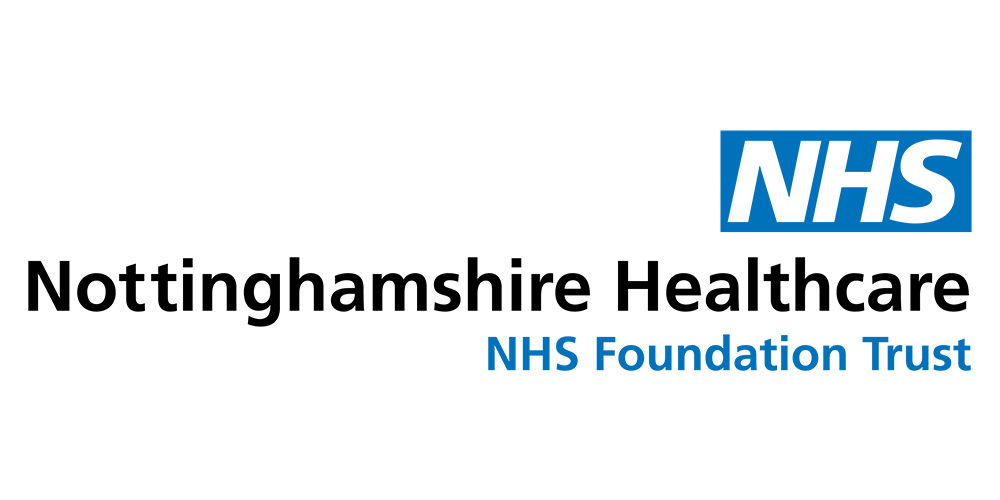
Deaf Services
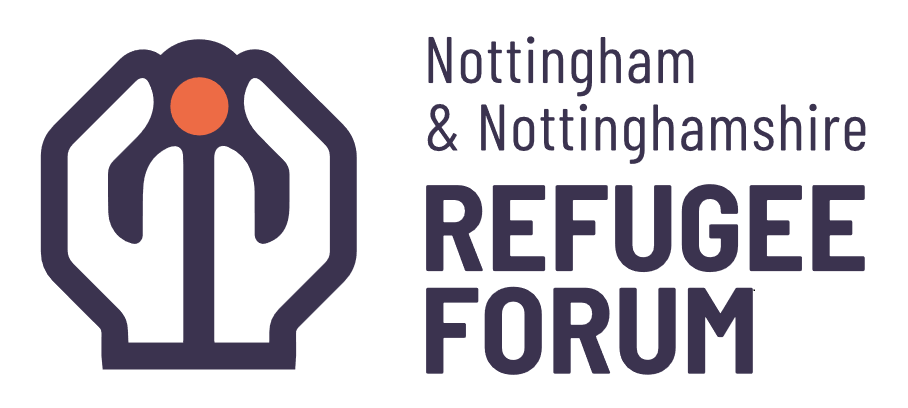
Nottingham and Nottinghamshire Refugee Forum

HIMMAH
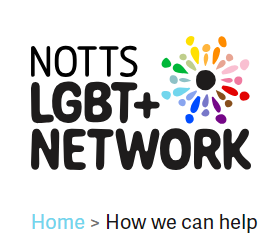
Notts LGBT+ Network
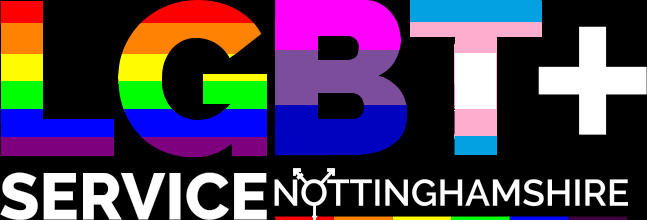
LGBT+ Service Nottinghamshire
Which services can I access?
Some of the services available operate only within city or the wider county area. Pop your postcode in below to quickly check which services are available to you
Related topics
-
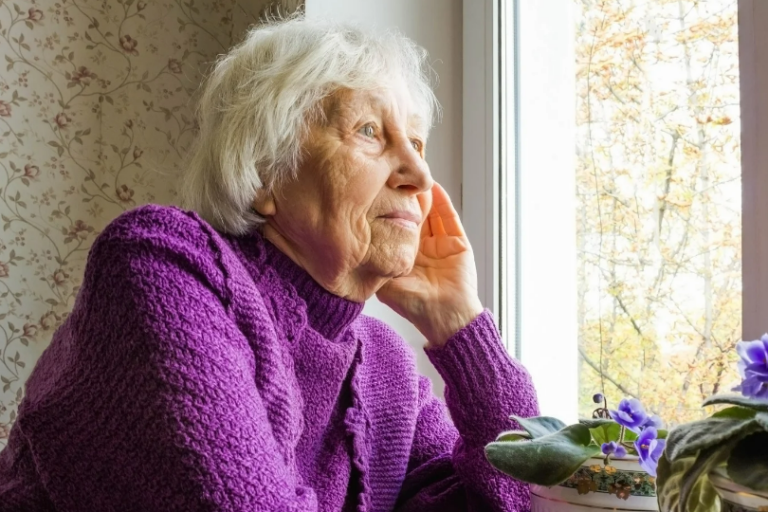
Loneliness and Social Isolation
Loneliness and social isolation can affect us all at some point in our lives. Being alone and feeling lonely are different things.
-

Anxiety
You might feel nervous, stressed, anxious or ‘on edge’ when you are getting ready to do something that is difficult for you.
-

Bullying
People are often bullied because of a difference. That could be their race, religion, gender, sexual orientation, an aspect of their appearance, or something else.
-
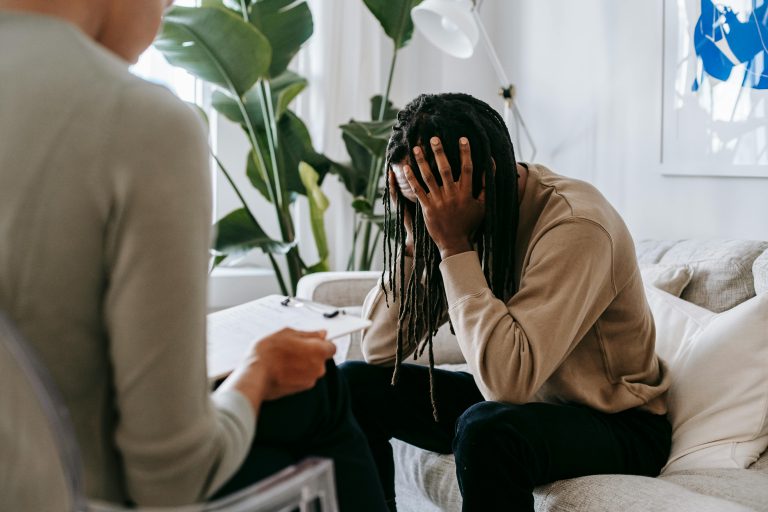
Trauma and Post-Traumatic Stress
People are often bullied because of a difference. That could be their race, religion, gender, sexual orientation, an aspect of their appearance, or something else.